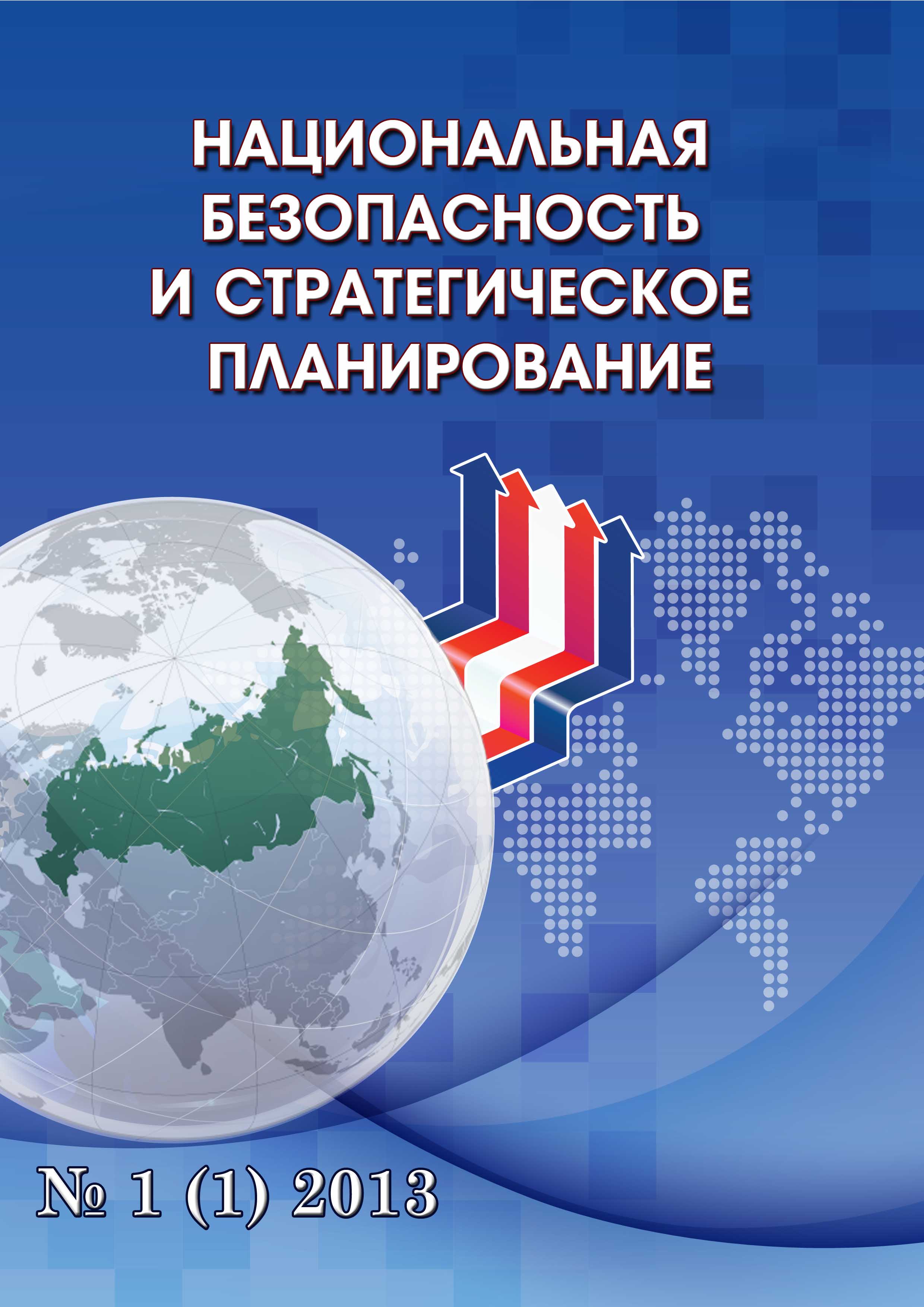Russian Federation
Russian Federation
The overconfident general managers use their position and influence in their companies to reach their personal ambitions that can be followed by invasive tax policies, lower tax payments and showcasing of the higher incomes in relation to the general manager’s reward. In between, the audit committees have been designed so as to act independently and resolve the conflicts between the internal and external managers regarding the financial information and the selection of the accounting methods. Thus, the present study aims at investigating the effect of the audit committee on the relationship between the mangers’ overconfidence and tax avoidance in the companies accepted to Tehran’s securities exchange market for the years between 2015 and 2020. The present study is an applied research in terms of the study objectives and it is a correlation-descriptive research in terms of the method. In order to investigate the study subject, multivariate linear regression was used for data analyses. Then, Eviews Software package was utilized to perform the statistical analyses of the obtained information. The results indicated that managers’ overconfidence is significantly correlated with tax avoidance and that the relationship is direct meaning that the increase in the managers’ overconfidence causes an increase in the company’s tax avoidance, as well. Moreover, it was found out in the other study’s findings that the audit committee (financial expertise of the audit committee) exerts a significant effect on the relationship between the managers’ overconfidence and company’s tax avoidance and that the effect is reverse.
managers’ overconfidence, tax avoidance, audit committee, securities’ exchange market
1. Barzegar Ghodratollah, Hasan Nattaj Kordi Mohsen, Abbasi Ali. The effect of the audit committees’ properties on the tax avoidance in the companies accepted to Tehran’s securities exchange market // Accounting and auditing studies. - 2020. - V. 9(33). - pp. 25-42.
2. Tajwidi Elnaz, Gha’em Panah Mohsen. Properties of the auditing committee and profit management // Accounting and auditing research. - 2021. - V. 13(49). - pp. 155-174.
3. Setayesh Muhammad Hussein, Ebrahimi Fahimeh. The substitutive relationship between the financial leverage in the capital structure and tax avoidance // Financial accounting and auditing studies. - 2021. - V. 13(49). - pp. 53-72.
4. Abernathy A., Sawan N. The impact of audit committee characteristics on the implementation of internal audit recommendations // Journal of Financial Economics. - 2015. - V. 24. - pp. 61-74.
5. Ahmed A., Duellamanm S. Managerial overconfidence and accounting conservatism // Journal of Accounting Research. - 2013. - V. 51 (1). - pp. 1-30.
6. Allingham Michael G., Sandmo A. Income tax evasion: A theoretical analysis // Journal of Public Economics. - 1972. - V. 1. - P. 323-338.
7. Carpenter I. Situational and institutional determi nants of firms' R&D search intensity // Strategic Management Journal. - 2018. - V. 28(4). - pp. 369-381.
8. Choi Y.K., Han S.H., Lee S. Audit committees, corporate governance, and shareholder wealth: evidence from Korea // J. Acc. Public Policy. - 2014. - V. 33(5). - pp. 470-489.
9. Desai M., Dharmapala D., Fung W. Taxation and the evolution of aggregate corporate ownership concentration // In: Auerbach, A., Hines, J., Slemrod, J. (Eds.), Taxing Corporate Income in the 21st Century”. - Cambridge University Press, New York, 2007. - pp. 345-383.
10. Dezort FT. An Analysis Of Experience Effects On Audit Committee Members Oversight Judgments // Accounting Organizations & Society. - 1998. - (January). - pp. 1-22.
11. Dyreng S., Hanlon M., Maydew E. Long-run corporate tax avoidance // The Accounting Review. - 2008. - Vol. 83. - No. 1. - pp. 61-82.
12. Emma García-Meca, Maria-Camino Ramón-Llorens, Jennifer Martínez-Ferrero. Are narcissistic CEOs more tax aggressive? The moderating role of internal audit committees // Journal of Business Research. - 2021. - V. 129. - pp. 223-235. DOI: https://doi.org/10.1016/j.jbusres.2021.02.043.
13. Hanlon M., Heitzman S. A review of tax research // Journal of accounting and Economics. - 2010. - V. 50(2-3). - pp. 127-178.
14. Ishikawa M., Takahashi H. Overconfident Managers and External Financing Choice // Review of Behavioral Finance. - 2010. - V. 2. - pp. 37-58.
15. Jensen M., Meckling W. Theory of the firm: managerial behavior, agency costs and ownership structure // Journal of Financial Economics. - 1976. - V. 3. - pp. 305-360.
16. Malmendier U., Tate G. CEO overconfidence and corporate investment // Journal of Finance. - 2005. - V. 60 (6). - pp. 2661-2700.
17. Malmendier U., Tate G. Who makes acquisitions? CEO overconfidence and the market’s reaction // J. Financ. Econ. - 2008. - V. 89 (1). - pp. 20-43.
18. Quang Khai Nguyen. Audit committee structure, institutional quality, and bank stability: evidence from ASEAN countries // Finance Research Letters. - 2021. - V. 46. - Part A. 102369. DOI: https://doi.org/10.1016/j.frl.2021.102369.
19. Rijsenbilt A., Commandeur H. Narcissus enters the courtroom: CEO narcissism and fraud // Journal of Business Ethics. - 2013. - V. 117(2). - pp. 413-429. DOI: https://doi.org/https://doi.org/10.1007/s10551-012-1528-7.
20. Roll R. The hubris hypothesis of corporate takeovers // Journal of Business. - 1986. - V. 59. - pp. 197-216.
21. Saleh N.M., Iskandar T.M., Rahmat M.M. Audit committee characteristics and earnings management: Evidence from Malaysia // Asian Review of Accounting. - 2007. - V. 15 (2). - pp. 147-163. DOI: https://doi.org/10.1108/13217340710823369.
22. Salem Alhababsah, Alaa Alhaj-Ismail. Does shared tenure between audit committee chair and engagement partner affect audit outcomes? Evidence from the UK // The British Accounting Review. - 2021. 101067. DOI: https://doi.org/10.1016/j.bar.2021.101067.
23. Salem Alhababsah, Sina Yakini. Audit committee and audit quality: An empirical analysis considering industry expertise, legal expertise and gender diversity // Journal of International Accounting, Auditing and Taxation. - 2021. - V. 42. 100377. DOI: https://doi.org/10.1016/j.intaccaudtax.2021.100377.
24. Samaha K., Khalif H., Hussainey K. The impact of board and audit committee characteristics on voluntary disclosure // Journal of international accounting, auditing and taxation. - 2015. - V. 24. - pp. 13-28.
25. Skala D. Overconfidence in Psychology and Finance an Interdiscplnary Literatireb Review // Interdisciplinary Literature Review. - 2008. - V. 4. - pp. 33-50.
26. Tebourbi M., Oesch D., Schmid M.M. Investigate the cost of research and development and the future performance of the company with emphasis on the role of overconfidence and government ownership, and firm value: Evidence from the EU area // European Financial Manage. - 2020. - V. 19(3). - pp. 452-469.
27. Thiruvadi S., Huang H.W. Audit committee gender differences and earnings management // Gender in Management. - 2011. - V. 26(7). - pp. 483-498. DOI: https://doi.org/10.1108/ 17542411111175469.
28. Xiaomei Han, Jie Wang, Hanxiu Cheng. The effect of corporate tax avoidance on salary distribution--Empirical evidence from publicly listed companies in China // International Review of Financial Analysis. - 2021. - V. 78, 101917. DOI: https://doi.org/10.1016/j.irfa.2021.101917.
29. Yoon Ju Kang. Are Audit Committees more challenging given a specific investor base? Does the answer change in the presence of prospective critical audit matter disclosures? // Accounting, Organizations and Society. - 2019. - V. 77, 101051. DOI: https://doi.org/10.1016/j.aos.2019.04.001.
30. Horwich A. The Role and Responsibilities of Audit Committees: Banking & Financial Services Policy Report. 2003.
31. Lambe A. Audit Committees step into the limelight // Accountancy Ireland, Feb. - 2005. - V. 37. - No. 1. - pp. 48-51.
32. Xie B., Davidson III W. N., DaDalt P. J. Earnings management and corporate governance: the role of the board and the audit committee // Journal of corporate finance. - 2003. - V. 9. - №. 3. - pp. 295-316.
33. Klein A. Audit committee, board of director characteristics, and earnings management // Journal of accounting and economics. - 2002. - V. 33. - №. 3. - pp. 375-400.
34. Anderson R. C., Reeb D. M. Founding-family ownership and firm performance: evidence from the S&P 500 // The journal of finance. - 2003. - V. 58. - No. 3. - pp. 1301-1328.
35. Kalbers L. P., Fogarty T. J. Audit committee effectiveness: An empirical investigation of the contribution of power // Auditing. - 1993. - V. 12. - No. 1. - pp. 24.
36. Lai S., Li X., Chan K. C. CEO overconfidence and labor investment efficiency // The North American Journal of Economics and Finance. - 2021. - V. 55. - pp. 101319.






